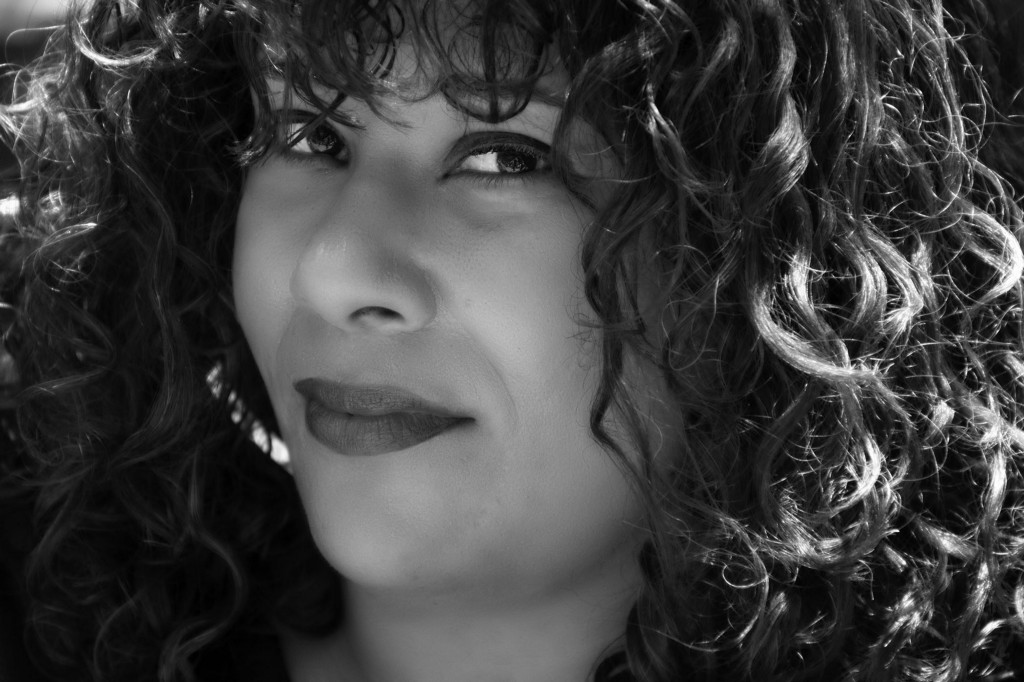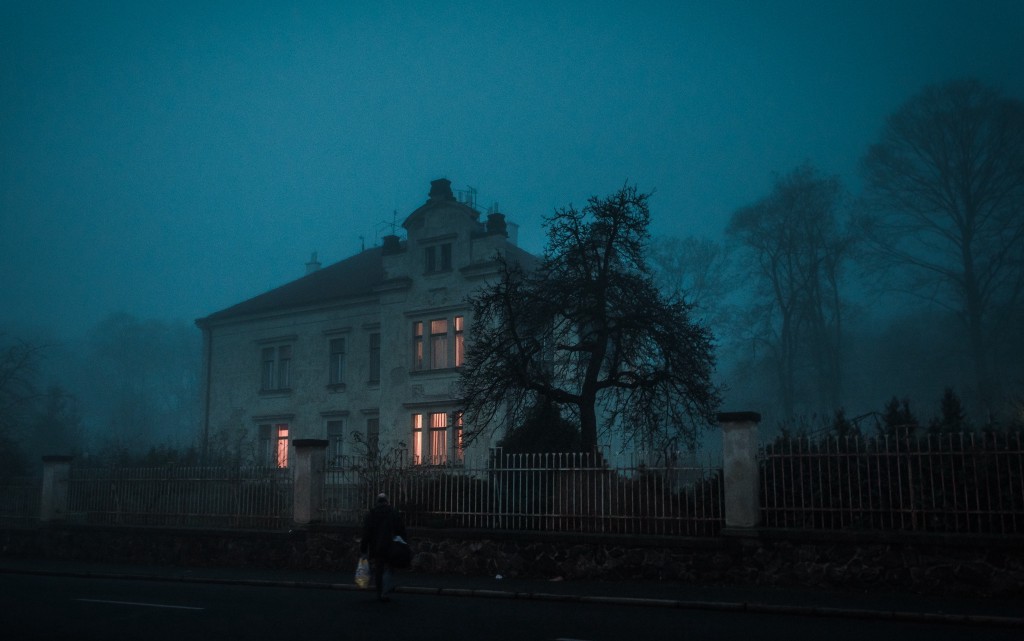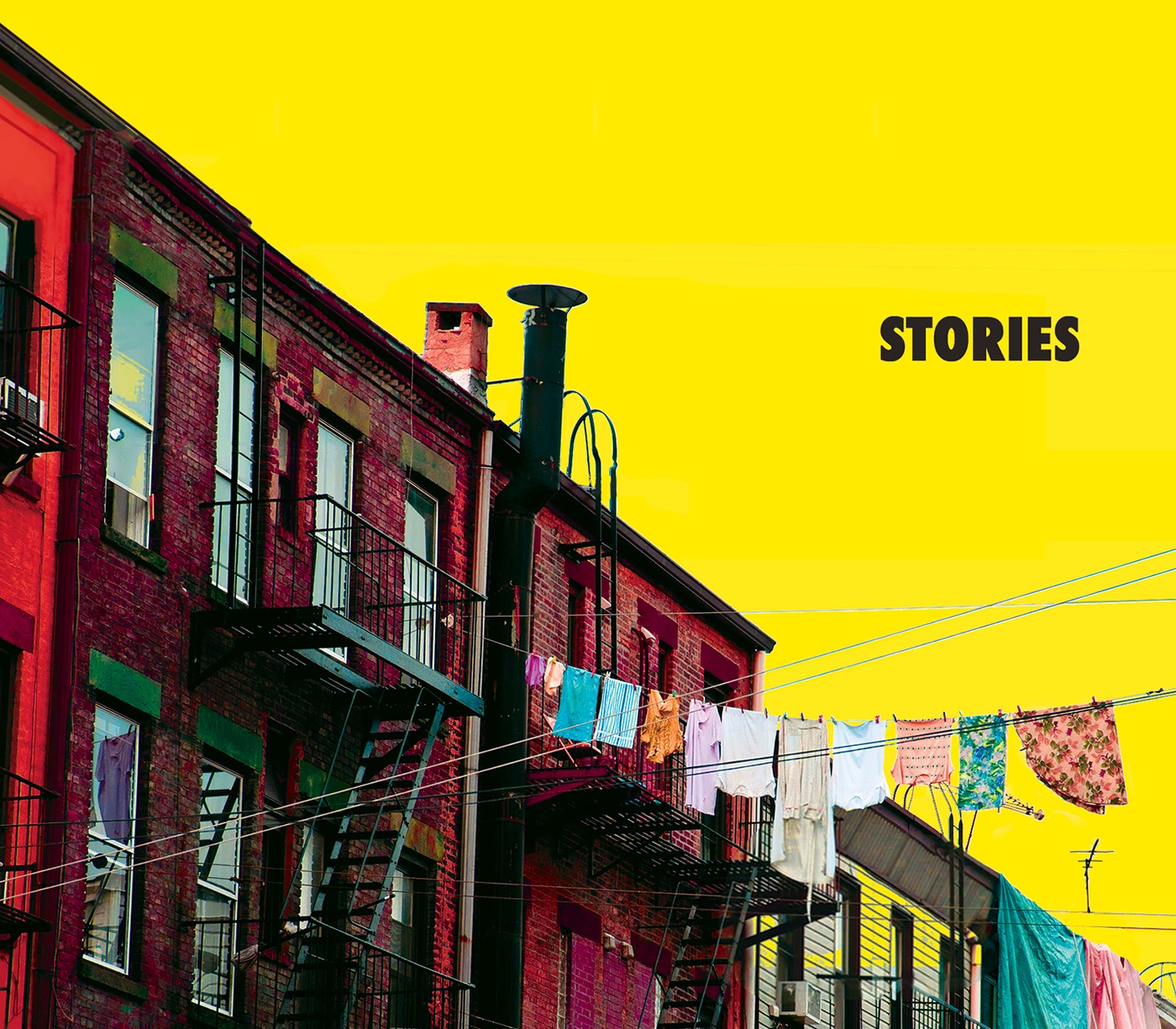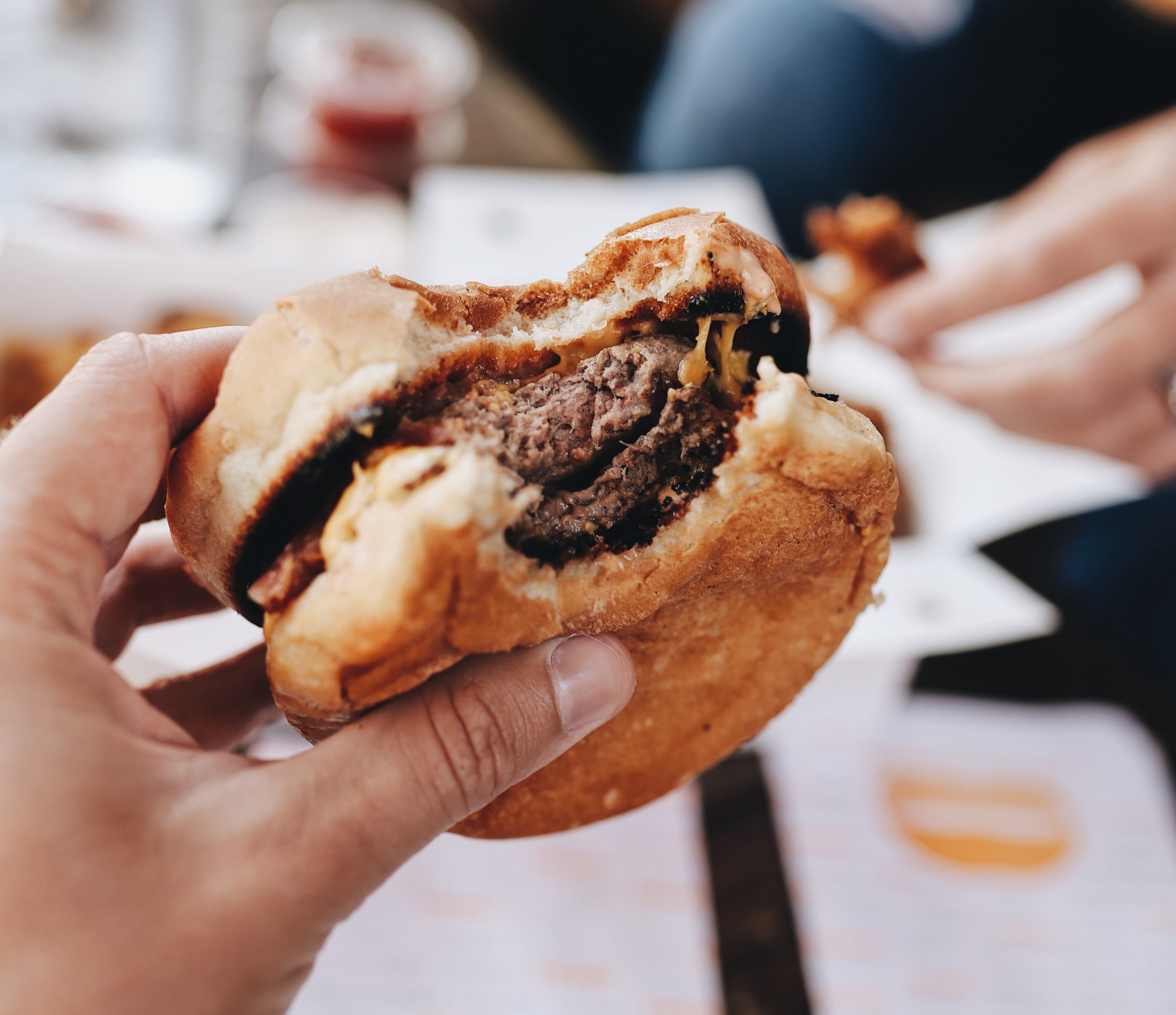interviews
What’s The Opposite of a Love Story?
Ivelisse Rodriguez’s short story collection is vivid, unsentimental, and very Puerto Rican

Ivelisse Rodriguez conceives exquisite misery and makes alchemy of hopelessness in her debut short story collection Love War Stories (Feminist Press). In these tales, febrile adoration is returned with a slap, infidelity, and duplicity. Characters in this collection wade, and sometimes drown, in pools of delusion, eyes fixed on perceptions of idealized love. Rodriguez is adamant about drawing our attention to the ways love manifests, tenderly at first then twisting menacingly.
Each narrative in the collection is arranged against a backdrop designed with a careful and purposeful hand. It is the provincial society in the Arecibo of antiquity that heightens the protagonist’s desperation in “El Qué Dirán.” The hypermasculinity fermenting in an underprivileged inner city determines whom teenage boys are allowed to, not love, but lust in “Summer of Nene.” And in 1990s Holyoke, Massachusetts, girls armored with dark lipstick, baggy jeans and halter-tops guard against each other, yet the real enemies are their lovers.
To read these solely as tales of romance gone wrong is to miss the point completely. These are tales of mothers and daughters, initiation into womanhood, unwanted pregnancy, barren spaces where joy is suspended in air — unattainable and ephemeral. These are also tales steeped in Puerto Rican culture from the island to the mainland, from the past to the present, from the temporal to the divine.
Ivelisse and I talked about subjectivity as provenance, the malice of love, and her forthcoming novel.

Maria V. Luna: You’ve championed Latin American literature and that of the diaspora throughout your career, and now you are part of its corpus. How does that feel?
Ivelisse Rodriguez: It still feels surreal. I guess for me to feel integrated into the body of the work I would need to see it on a syllabus. My book is so new I have to wait to see if it has any impact. It’s thrilling to think I could be part of this lineage, but it ultimately depends on how the book holds up, and so we need a future life for the book.
MVL: There is a mode of literary analysis that would have us disembody art from the artist. But I don’t believe in that. I wonder if this collection comes from a place of deep subjectivity. Speaking of the work as a whole or identifying one of the short stories, can you say you have had first-hand experience with any of the themes you explore here?
IR: Absolutely. The collection does come from a place of subjectivity. A lot of it comes from my ruminations on certain situations, and the book itself does show my worldview, my thoughts on love, and my thoughts on how love can be damaging to women. It also shows my hope that women can learn other narratives — other ways of being than just being women in love. The thing with the stories though is that even if they do start from a kernel of truth, a whole story explodes from there, and by the time you see the finished story it’s so far from the original kernel. I think a story that in earlier drafts had a lot of what happened in real life is “The Light in the Sky.” But that’s part of the reason why I had trouble with the story coming together. I was relying too much on what happened. Truth gets in the way of fiction. I had to take a lot of the truth out in order for the story to stand on its own.
In the story “Some Springs Girls Do Die,” I was thinking of my friend’s suicide when I wrote the story. There may be some aspects that are true, but again I have a hard time with truth and fiction because at the end of the day, what you need to focus on, in terms of craft, is writing a compelling story. I find that the truth often gets in the way of that.
Truth gets in the way of fiction. I had to take a lot of the truth out in order for the story to stand on its own.
MVL: “Some Springs Girls Do Die” reads like a prose poem with interchanging point of views. Can you unpack the narrative and talk about the aesthetic arrangement of the piece?
IR: I think I wanted to write a prose poem when I started it, but since I don’t write poetry I ended up with a short short. The story is set up as two unnamed narrators with alternating narratives. In terms of not naming the narrators, I wanted to show how these two girls are living similar lives and are almost interchangeable or will be. In a sense, one character is near the beginning of this death process and one is at the end. Death comes in different ways. Death comes through suicide, or death comes through all the small actions we do that ultimately hurt us. Tragic things in relationships don’t start off as big things, right? They start off with small transgressions. One narrator in the story says, “If he were a different man he would use his fists instead of his words.” So right now this character is in this place where someone is being verbally abusive, and someone like that can get to a physically abusive space. The girls are similar because I wanted to show the ways girls kill themselves in relationships and things that have to do with beauty standards, etc. That’s why I set it up as a parallel story.

MVL: When I read the last line of each story in the collection, I closed the book and walked away like Dammit, she’s done it again! You are the master of crafting last lines. Is it intuition? How do you know when to stop and say there, I’ve done it?
IR: Even if you write a terrible story, a story can always be saved by its ending. It can come together. But a story can be destroyed by its ending. I’ve read stories that are chugging along, and I am enjoying them, but then they have flat endings, and I’m left like wait, there’s nothing else? To me, there has to be a sense of epiphany. I have to be moved when I get to the end. Like the ending for “The Belindas” — I’ll spend days going over the ending, and it has to sing to me. It has to touch me, and if it doesn’t touch me then it’s not the right ending. It needs to feel like something akin to a gut punch.
MVL: The end of “El Qué Dirán” made me shudder. Noelia becomes the colonizer upon her initiation into womanhood, and I was left devastated by the foreshadowing of what is to come.
You write of the goddess of love, Oshún, “If she fails herself, what about the rest of us?” Mothers, daughters, friends — the heart of no woman is spared in this collection. Though women are foregrounded, what can you say about your male characters? Are they winning the “love war”?
IR: I would say men are not winning the “love war.” It’s almost like they’re not even in the war. I don’t think the story for men is love. For them, it’s about power and getting women to do their bidding and be sexually available. For men, heterosexual men — in terms of the way they are socialized — they are not socialized to want to grow up and be married and fall in love. I think the war men are winning is having heterosexual women love them and having them do what they want them to do. I don’t think they are looking for love necessarily. I don’t know what war they are winning. They might be winning the sex war.
I don’t think the story for men is love. For them, it’s about power and getting women to do their bidding and be sexually available.
MVL: You developed really complex male characters in “Summer of Nene,” especially when it comes to their relationships. But I don’t want to give away key elements of the narrative.
So let’s talk about the Orishas. Just the other night, I was reading Tomi Adeyemi’s Children of Blood and Bone when a friend texted to announce the birth of his newborn daughter who he named Yemaya. The Orishas seem to be stepping out of the guise of what some have called syncretism. What is your relationship to the pantheon and its presentation in your work?
IR: My relationship is probably superficial, but the pantheon is alluring to me because it harkens back to an African tradition furthered by those in the Caribbean, so it seems like it’s our own thing. It’s how Xaviera feels in “La hija de Changó.” It’s a way to connect with your culture and stand apart. For Xaviera, that’s part of the reason why she wants to know what it means to be la hija de Changó — it’s a way for her to be special. It’s like connecting with a long lineage. The Orishas give you a place in history. In gay and lesbian studies, they talk about — basically, if you don’t have a history it’s difficult to situate yourself. With the pantheon, it’s like, “Look at us. We have existed for so long.”
MVL: El diamante del norte, Arecibo, features frequently in the collection. I’m feeling a bit of kinship with you since I recently found out it is my grandfather’s birthplace. Other than you being born there, what is it about this place that guides your pen back to it?
IR: In some alternate history, I wonder what my life would have been like if I had been raised in Puerto Rico. Obviously that fantasy is sometimes idealized. The idea that you’re in a place where everyone is like you and you are not a minority, that you have an extended family — that’s part of the reason. And I’m not being biased here, but I genuinely love Puerto Rico. There are places you go in this world where as soon as you land you feel like, “Umm…I don’t like it here.” Puerto Rico is one of those places that feel like home, and I feel the same way in Cuba and in Turkey.
The rewriting, or bringing the pen back to Arecibo, is a way to connect back to what could have been. That other life I could have had. There is a sense that you come to the U.S. mainland for a better life, but there are also losses. What would I have gained by being in Puerto Rico? So, I can always rewrite it, and go back with my pen. It’s a way of going home — an imaginary home.
In some alternate history, I wonder what my life would have been like if I had been raised in Puerto Rico. Obviously that fantasy is sometimes idealized.
MVL: The world of salsa music and dance comprises complex webs of hierarchy, history, gender, phenomenology — a world so often misrepresented as mere sexual artifice. Your newest project is a novel about a salsa band, yes? How did you land on this topic and what do you hope to convey about this musical art form in your work?
IR: I was attempting to do NaNoWriMo one year, and as I was free writing, Richie, my main protagonist, just came out, and then I kept pursuing his story. Richie was supposed to be a Nick Carraway-like figure, but that is not really working out at the moment.
What I want to convey about salsa is how it is this world of men, how there are so few female salsa singers. There is an emblematic photo of the Fania All-Stars, where Celia Cruz is sitting front and center, and she is surrounded by over twenty men. There is also a hyper-masculinity conveyed in salsa gorda, the dominant sub-genre of salsa during the seventies.
I am also interested in the friendships between great musicians, like Willie Colón and Héctor Lavoe or El Melao and Cortijo. And in listening to a lot of salsa music from the ‘70s, the time period of the novel, I am intrigued by the connections made to Africa in the music. For example, Ismael Miranda, when he is shouting out several Latin American countries, he includes the whole of Africa on his list. So there are numerous threads that I hope to be able to incorporate into my novel. I am enamored with salsa music and am so proud that the promulgators of this genre are Puerto Ricans.









